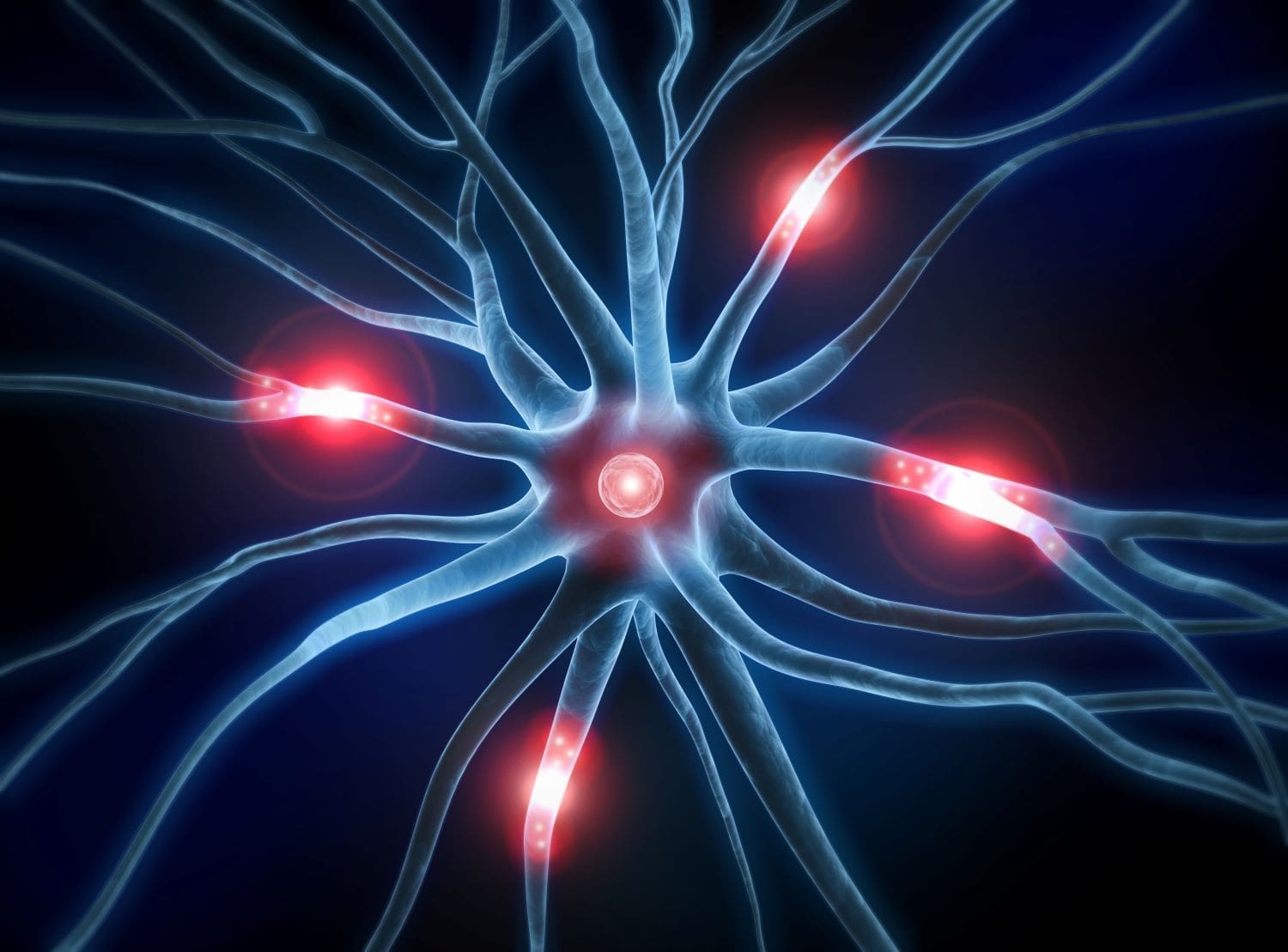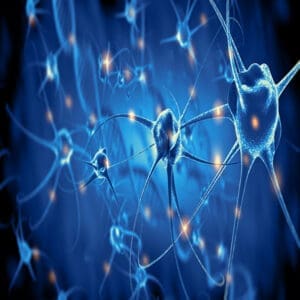
Our Service
What is Trauma
Trauma is a pervasive and deeply impactful experience that affects far more individuals than many realize. Research indicates that as many as 75% of Americans have encountered some form of trauma in their lives, revealing the startling prevalence of this issue in our society. Trauma is an emotional response to terrible events such as accidents, rape, violent acts, or natural disasters. Initial reactions often include shock and denial, but long-term effects can be far-reaching and complex.
The Mental Health Impact of Trauma
The consequences of trauma exposure are multifaceted, affecting both mental and physical health. In terms of mental health, trauma has been strongly linked to the development of various disorders. Individuals who have experienced trauma are at a higher risk of struggling with depression, grappling with substance abuse, or developing post-traumatic stress disorder (PTSD). These mental health challenges can profoundly affect daily functioning and overall well-being.
Some People Dealing With Trauma Will:
Isolate themselves
Shut down
Self-medicate themselves with alcohol and drugs
Cut and self-mutilate their bodies
among other things
Physical Health Consequences of Trauma
Moreover, the impact of trauma extends beyond mental health, often manifesting in physical ailments. Studies have shown a concerning connection between trauma exposure and the development of serious physical health problems. Heart disease, chronic lung conditions, and liver diseases have all been associated with a history of trauma, highlighting the complex interplay between psychological experiences and physical health.
Types of Trauma
It’s important to understand that trauma can manifest in various forms:
- Acute trauma: Resulting from a single incident (e.g., a car accident, natural disaster, or violent attack)
- Chronic trauma: Repeated and prolonged exposure to traumatic situations (e.g., ongoing domestic violence or child abuse)
- Complex trauma: Exposure to multiple traumatic events, often of an invasive, interpersonal nature
- Developmental trauma: Occurring during childhood, which can significantly impact brain development and attachment
- Intergenerational trauma: Trauma that is passed down through generations within families or communities
Long-Term Effects of Untreated Trauma
When left untreated, trauma can have far-reaching and long-lasting effects on an individual’s life:
- Physical Health: Trauma has been associated with physical health problems such as heart disease, chronic lung conditions, and liver diseases. The constant state of stress can weaken the immune system and increase the risk of autoimmune disorders.
- Mental Health:
 Untreated trauma can lead to the development or exacerbation of various mental health disorders, including depression, anxiety, and personality disorders.
Untreated trauma can lead to the development or exacerbation of various mental health disorders, including depression, anxiety, and personality disorders. - Relationships: Trauma can significantly impact one’s ability to form and maintain healthy relationships, leading to social isolation or patterns of dysfunctional relationships.
- Economic Impact: Trauma can result in lost work productivity, increased healthcare costs, and potential loss of employment opportunities.
- Substance Abuse: Many individuals with untreated trauma turn to substances as a coping mechanism, leading to addiction issues.
- Quality of Life: Overall, untreated trauma can severely diminish one’s quality of life, affecting every aspect, from personal relationships to professional achievements.
The Neurobiological Impact of Trauma
When we experience trauma, it affects us both mentally and physically. Our bodies carry the weight of traumatic experiences, manifesting in overwhelming sensations. While our minds may attempt to move on logically, the impact on our bodies often persists. This internal struggle between mind and body serves as a constant reminder of the trauma’s enduring effects.
How Trauma Affects the Brain
Trauma can cause significant changes in the brain’s structure and function:
- Amygdala: This area,
 responsible for processing emotions, often becomes hyperactive in trauma survivors, leading to heightened fear responses.
responsible for processing emotions, often becomes hyperactive in trauma survivors, leading to heightened fear responses. - Hippocampus: This region, crucial for memory formation, can shrink due to trauma, affecting the ability to distinguish between past and present experiences.
- Prefrontal Cortex: This area, involved in decision-making and emotional regulation, may show reduced activity, making it harder for trauma survivors to manage their emotions and impulses.
Impact on the Nervous System
Trauma can dysregulate the nervous system, leading to a persistent state of hyperarousal (fight or flight) or hypoarousal (freeze). This can result in:
- Difficulty returning to a calm state after stress
- Overreaction to minor stressors
- Chronic fatigue or feeling “shut down.”
Understanding these neurobiological effects is crucial in developing effective treatment strategies and fostering empathy for trauma survivors.
Trauma-Informed Care
At my office, I adhere to the principles of trauma-informed care, which recognizes the widespread impact of trauma and paths to recovery. This approach is built on six key principles:
- Safety: Ensuring physical and emotional safety for clients
- Trustworthiness and Transparency: Building and maintaining trust through clear communication and boundaries
- Peer Support: Facilitating connections with others who have had similar experiences
- Collaboration and Mutuality: Sharing power and decision-making between providers and clients
- Empowerment, Voice, and Choice: Recognizing and building upon clients’ strengths and experiences
- Cultural, Historical, and Gender Issues: Moving past cultural stereotypes and biases and incorporating policies and practices that are responsive to clients’ cultural needs
By implementing these principles, I have created an environment that is conducive to healing and avoids re-traumatization.
Trauma in Special Populations
It’s important to recognize that trauma can affect different groups in unique ways:
Children and Adolescents
Trauma during childhood can significantly impact brain development, attachment styles, and future relationships. Children may exhibit symptoms differently from adults, such as through regression in behaviors, school difficulties, or somatic complaints.
Elderly Individuals
Older adults may have accumulated multiple traumatic experiences throughout their lives. They may also be at risk for new traumas, such as elder abuse or the traumatic loss of loved ones and independence.
LGBTQ+ Community
Members of the LGBTQ+ community often face unique traumas related to discrimination, rejection, and violence. This can compound with other traumatic experiences, leading to complex trauma presentations.
Refugees and Immigrants
These populations often experience multiple traumas, including war, persecution, and the stress of adapting to a new culture. Language barriers and cultural differences can complicate trauma treatment.
First Responders and Healthcare Workers
These professionals are repeatedly exposed to others’ traumas, putting them at risk for secondary traumatic stress or compassion fatigue. The COVID-19 pandemic has further highlighted the trauma risks for healthcare workers.
Understanding these unique contexts allows us to provide more targeted and effective trauma treatment for diverse populations.
Post-Traumatic Stress Disorder (PTSD)
While PTSD is often associated with combat veterans, it can affect anyone who has experienced a traumatic event. PTSD can develop after exposure to any potentially traumatic event that is beyond a typical stressor. Some events that may lead to PTSD include:
- Violent personal assaults
- Domestic violence
- Natural disasters
- Accidents
- Combat and other forms of violence
According to PTSD United, Inc., 70% of American adults have experienced a significant traumatic event at least once in their lifetime, and 20% of those individuals developed some level of PTSD. The Institute of Mental Health estimates that 3.6% of U.S. adults had PTSD in the past year. Interestingly, studies have shown that women are twice as likely to experience PTSD compared to men.
Individuals with PTSD may experience:
- Vivid nightmares
- Flashbacks
- Difficulty expressing emotions
- Avoidance of trauma reminders
- Hypervigilance
- Anger and irritability
- Trouble focusing and being productive at work
Grief, Loss, and Trauma
Grief and loss are natural processes that everyone experiences after the departure of someone or something significant in their life. While often associated with death, grief can be triggered by various circumstances, including trauma.
 Grief is a complex emotional, psychological, and physical response to loss. It encompasses a range of emotions such as sadness, anger, guilt, confusion, and even relief. The grieving process is unique to each individual and shaped by factors like personality, culture, and previous experiences.
Grief is a complex emotional, psychological, and physical response to loss. It encompasses a range of emotions such as sadness, anger, guilt, confusion, and even relief. The grieving process is unique to each individual and shaped by factors like personality, culture, and previous experiences.
In the context of trauma, grief and loss become intricately intertwined. Traumatic events can shatter an individual’s sense of safety, trust, and well-being, leading to significant emotional trauma. Traumatic grief often involves a complicated mixture of emotions as individuals grapple with not only the loss itself but also the impact of the traumatic event. This can include feelings of survivor guilt, intrusive memories, anxiety, and even symptoms of PTSD.
It’s important to recognize that grief and loss following trauma are not linear processes. They can be ongoing, with individuals experiencing waves of emotions and adjusting to the loss over time.
Seeking Help and Healing
The good news is that there are numerous effective ways to help individuals with PTSD and those dealing with trauma. It’s crucial to remember that there is no such thing as a “small trauma” – a person’s reaction to trauma is personal and individualized. No two people will experience a traumatic situation in the same way.
As social creatures, we all need validation and support. Working with a qualified professional can help integrate the traumatic experience, providing a better sense of understanding and control over the experience.
At the Office of Ginny Estupinian Ph.D., I offer specialized trauma-focused therapy that addresses the specific needs of individuals who have experienced PTSD or other difficulties related to traumatic life events. Our therapeutic approach involves:
- Building essential skills to confront past trauma
- Gaining insight and understanding of traumatic experiences
- Working on coping with everyday challenges
- Implementing practical solutions for emotional regulation
- Establishing trust and setting boundaries
- Creating emotional and physical safety
I also incorporate approaches like somatic therapy to address the bodily sensations associated with trauma, helping to reinstate a healthy and comfortable mind-body connection.
My goal is to assist you in discovering the root causes of your distress, empowering you to make necessary changes in your life. Through our supportive and confidential environment, I strive to create a sense of security and trust.
Over the last decade, I have worked with various individuals who have been victims of severe trauma, including clients from the Center for Survivors of Torture and the Veterans Administration. I have experience with complex post-traumatic syndrome disorders and associated issues, as well as helping clients who have been victims of highly publicized crimes, shootings, natural disasters, and other severe tragedies.
Remember, healing from trauma is a process that requires commitment and guidance. I provide the necessary tools, support, and therapeutic approaches to aid you in your healing journey. I firmly believe in your ability to overcome the effects of trauma, and I am here to support you every step of the way.
For more information on how we can help, please call my office or book online below
Call 844-802-6512
Trauma Treatment Services
Contact Us
You Are Cordially Invited To Call Our Office With Any Questions You May Have
